Introduction
Dr. Seuss was a storyteller in the grandest sense of the word. Not only did he tell fantastical tales of far-away places but he also gave us a unique visual language that carried his stories to new heights of artistic expression. Surrealism provided the foundation from which he built his career, but like a launch pad sitting idle just before liftoff, surrealism was soon to be engulfed in the flames of ridiculous fun and its launch tower thrown to the ground with each new editorial cartoon, magazine cover, painting, or children’s book.
It was that explosive energy that thrust Ted’s works into otherworldly places, taking young and old alike on a ride that would become a critical reference point for most children from 1937 on, as well as for the adults who raised them. Nearly everyone has a significant Dr. Seuss memory. Many of today’s top visual artists, poets, filmmakers, and authors cite Ted as one of their greatest influences. Indeed, what Walt Disney was to entertainment, Theodor Seuss Geisel was to art and literature.
“Indeed, what Walt Disney was to entertainment, Theodor Seuss Geisel was to art and literature.”
Ted settled on a visual vernacular early in his life that proved to be a powerful vehicle from which to deliver artistically driven media. From early advertising and editorial cartoons to seventy years of paintings, drawings, and sculpture, Dr. Seuss’s horned, whiskered, and winged creatures played while contemplating the issues of the world within deco-inspired landscapes of pure nonsense. These iconographic images became the basis of Ted’s most well-known books for children and highlighted the vital importance of unimpeded childhood fun.
Ridiculous fun permeated everything—a rocket’s plume engulfing even his own life story. When explaining the “logical insanity” of his work, Ted said, “If I start with a two-headed animal, I must never waiver from that concept. There must be two hats in the closet, two toothbrushes in the bathroom, and two sets of spectacles on the night table.” That consistency reveals itself across the spectrum of Ted’s life and work. Yet here, with this major survey of his paintings, drawings, and sculpture, the truth of his talent rests undeniably in the power of his unique artistic vision.
Robert Chase Jr.
Publisher, The Art of Dr. Seuss
All information excerpted from: Secrets of the Deep, the Lost, Forgotten, and Hidden Works of Theodor Seuss Geisel and The Cat Behind the Hat


